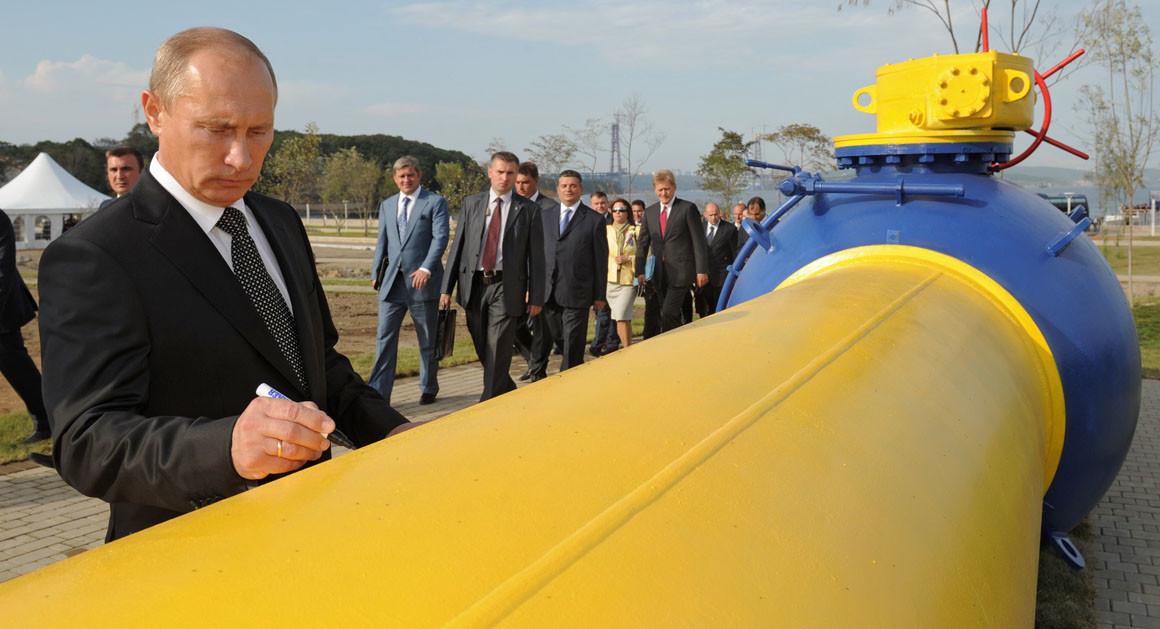Russia Considers Energy Exports In Euros, Rubles As Putin’s De-Dollarization Continues
Russia’s de-dollarization efforts continue, in line with Putin’s promise to lower the country’s vulnerability to the ongoing threat of US sanctions, with officials eyeing energy exports next.
“We have a very good currency, it’s stable. Why not use it for global transactions?” Russian Economy Minister Maxim Oreshkin said in an interview with the Financial Times on Sunday. “We want (oil and gas sales) in roubles at some point,” he said.

“The question here is not to have any excessive costs from doing it that way, but if the broad … financial infrastructure is created, if the initial costs are very low, then why not?” Oreshkin mused.
Despite less than 5% of Russia’s $687.5 billion in annual trade being with the US, it remains that over half of that trade still relies on the dollar, according to Bloomberg figures.
But US sanctions now routinely delay Western companies’ business with Russia, given they have to check with the US over whether those transactions are allowed.
Reuters summarized of the economy minister’s latest statements further that “Russia will be able to sell its energy exports in local currency given the popularity of the country’s domestic bonds among foreign investors, who own 29% of its rouble debt.”
After two waves of US sanctions in 2014 and 2016 — related to Crimea and alleged US election interference — Washington most recently barred its banks from buying sovereign Eurobonds directly from Russia, to which Russia’s finance ministry responded by saying it would sell more debt to investors from Asia and Europe.
Though ultimately Moscow won’t be able to give up the dollar completely, especially related to oil, Putin’s desire to ditch the dollar is a trend that will continue to be realized, given the rapid improvement of infrastructure for transactions in alternative currencies.
Tyler Durden
Mon, 10/14/2019 – 04:15
![]()
Zero Hedge’s mission is to widen the scope of financial, economic and political information available to the professional investing public, to skeptically examine and, where necessary, attack the flaccid institution that financial journalism has become, to liberate oppressed knowledge, to provide analysis uninhibited by political constraint and to facilitate information’s unending quest for freedom. Visit https://www.zerohedge.com
